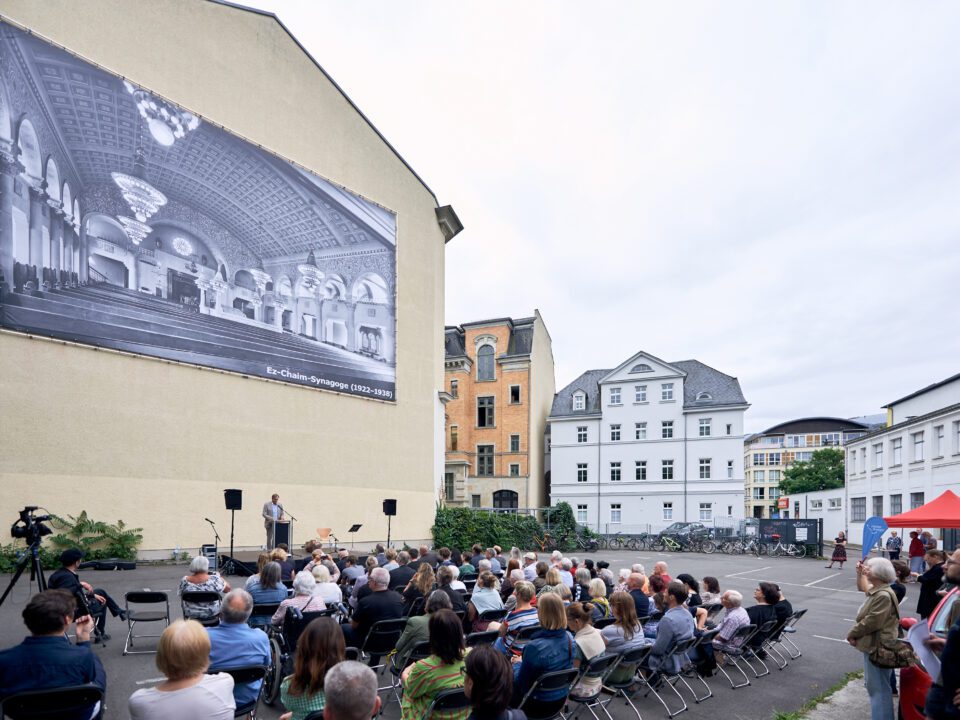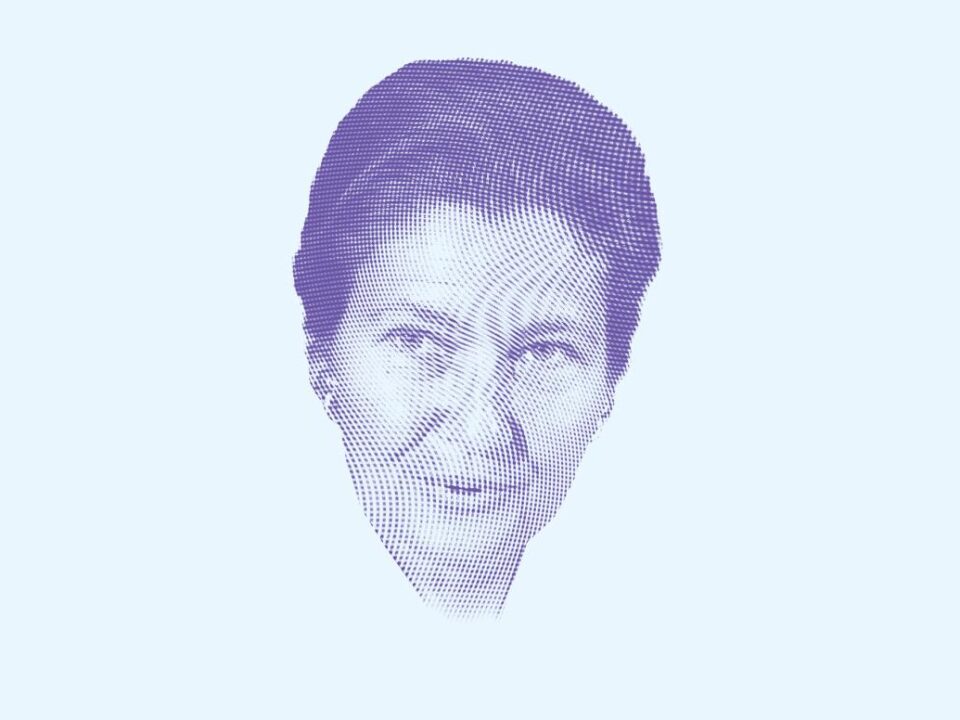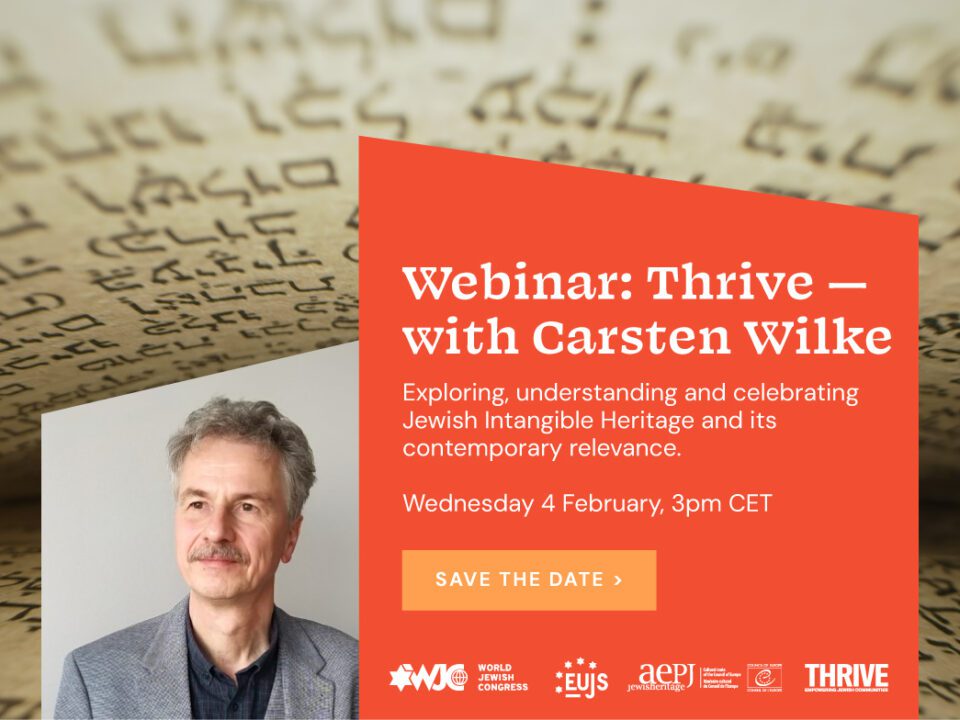The AEPJ turns 20 and holds its successful General Assembly 2024 and Strategic Meeting in Barcelona


The City of Barcelona recently hosted the General Assembly of the European Association for the Preservation and Promotion of Jewish Culture and Heritage (AEPJ), which took place from May 17-19. It coincides with the 20th anniversary of the founding of the Association, headquartered in Luxembourg.
Just prior to this meeting, a Strategic Meeting was held at Casa Adret—the oldest habitable house in Barcelona’s medieval Jewish quarter—, in which the office of the AEPJ is located. Following a first such reflection process more than a decade ago, the Association had decided to enter a strategic planning exercise with a professional external consultant.
The strategic consultant Mr. Patrick Levy played a pivotal role in this process, conducting extensive interviews and surveys with dozens of the AEPJ stakeholders prior to the meeting. The sessions included all types of stakeholders within the AEPJ. The discussions were synthesized by Mr. Levy and a proposal of conclusions was presented, which will be submitted to the Board in a short while for rapid implementation.
Key outcomes included a proposal to create four task forces for projects like the European Routes of Jewish Heritage and the European Days of Jewish Culture, involving local agents more directly to enable enhanced project effectiveness for all stakeholders. Two other task forces should focus respectively on active fundraising to expand the financial capabilities of the AEPJ and communication, both external and internal.
The General Assembly took place in the historic setting of the Institut d’Estudis Catalans, housed in the medieval Hospital de la Santa Creu, generously offered by the Director General of Religious Affairs of the Generalitat de Catalunya.
After introductory remarks by President François Moyse, the minutes of the last General Assembly were adopted, as well as the general report presenting the many activities of the Association and the financial statements.
It was noted that the Association is at a turning point of its existence. Having successfully operated as a horizontal membership organization, it has found a recognized place in the European civil society and successfully cooperating with international institutions like the Council of Europe, the European Union and UNESCO.
The Assembly further adopted the plan of activities and the budget for 2025, showing a significant increase, thus the need to find financial support for its growing number of activities and partnerships. All the activities around Jewish Heritage and Culture are seen as an effective tool against prejudice, so that youth engagement was seen as a priority.
In addition, the General Assembly served as a platform to introduce a new collaborative project between AEPJ and the Combat Antisemitism Movement (CAM), aimed at introducing the EDJC within the municipalities of CAM network. This collaboration is supported by the Kiriaty Foundation International and the Israeli House of Georgia.
The meetings held in Barcelona marked a significant step forward for the AEPJ, demonstrating a strong commitment to a dynamic adaptation to contemporary challenges and the growing role in European society, which serves as a role model in many ways.












